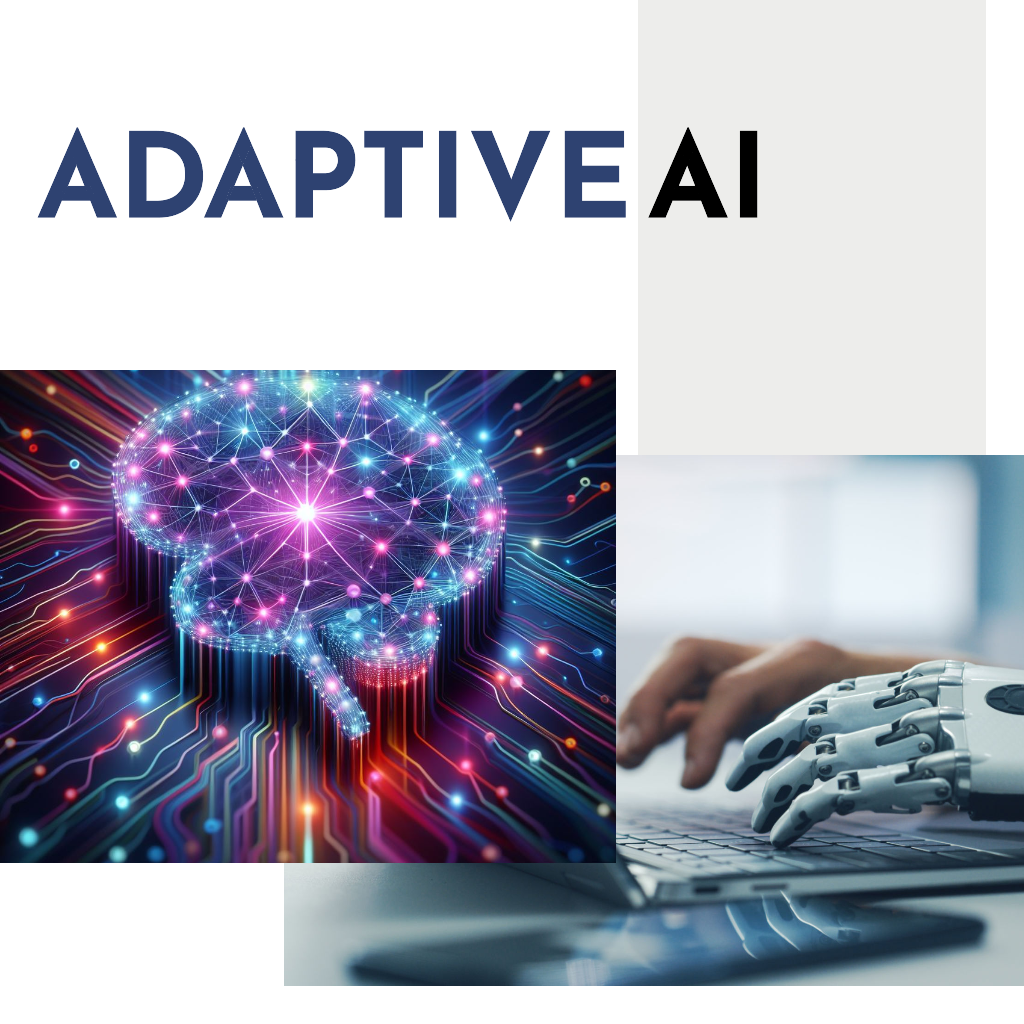Exploring Adaptive AI: Understanding Smart Learning Systems
home > blogs > Exploring Adaptive AI: Understanding Smart Learning Systems
Key Features :
Learning Skills : It uses fancy algorithms to soak up new info, spot patterns, and make predictions.
Flexibility : When stuff around it changes, adaptive AI can change too, adjusting how it does things.
Getting Better : By checking how well it's doing, adaptive AI can tweak itself to work even smarter.
Solving Problems : It gets creative, learning from its experiences to tackle new challenges.
Where Does Adaptive AI Shine?
-
Business and Industry
:
- Making Predictions : It helps businesses guess what's going to happen in finance, marketing, and making and selling stuff.
- Setting Prices : Stores use it to figure out the best prices to make the most money.
- Spotting Sneaky Stuff : Banks use adaptive AI to catch bad guys trying to pull off scams.
-
Healthcare
:
- Personalized Care : It customizes treatments based on each person's unique info.
- Finding Illnesses : It's great at spotting diseases in things like X-rays.
- Hunting for Cures : Adaptive AI speeds up the search for new medicines by sorting through loads of data.
-
Self-Driving Cars and Robots
:
- Driving Smart : Cars that drive themselves use adaptive AI to handle whatever pops up on the road.
- Doing Tasks : Robots use it to figure out what they need to do and how to do it in all kinds of places.
-
Understanding Language
:
- Chatting Better : Ever talked to a computer and had it understand you? That's adaptive AI learning from you.
- Translating Talk : It helps translate languages by learning how people talk and what they mean.
What About the Tricky Stuff?
-
Being Fair
:
- Sometimes, adaptive AI can accidentally be unfair because of the info it learned from. We've got to keep an eye on that.
-
Staying Clear
:
- Because it learns and changes on its own, sometimes it can be hard to understand what it's doing. We need to find a balance between being clear and working well.
-
Taking Responsibility
:
- If something goes wrong because of adaptive AI, who's to blame? We've got to have rules and plans for that.
Wrapping It Up
Adaptive AI isn't just a fancy term; it's a big deal. When we use it right, it makes us smarter, quicker, and better at making decisions. But we've got to be careful and make sure it's helping us in the right way.
References :
1. Mastering Adaptive AI: A Step-by-Step Implementation Guide
2. Adaptive AI: Unlocking Benefits and Overcoming Challenges
3. A Guide to Adaptive AI - e2enetworks.com
4. 11 Challenges Of Adopting AI In Business (And How To Address Them Head-On) For Further Reads:
p>Quick Stories
